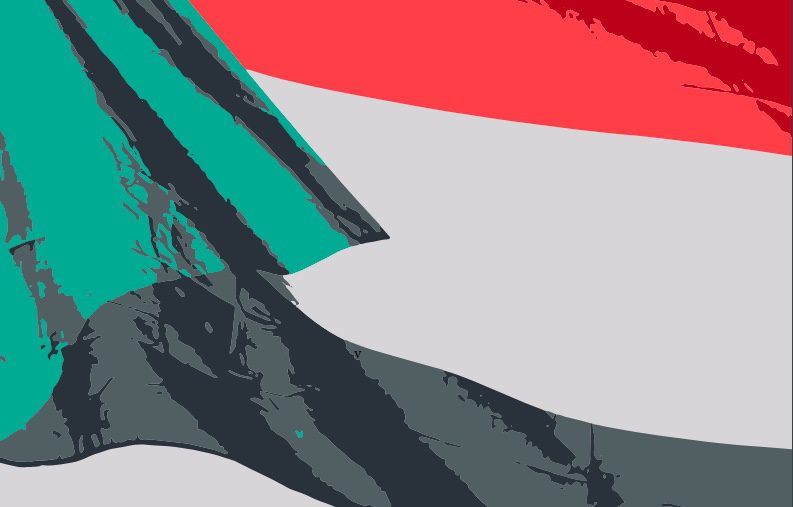
Preface
Dear Readers,
From climate change to the predicted developments and possible consequences of artificial intelligence, from asymmetric regional developments to North-South and South- North expectations and perspectives, from security issues to the growing gap between rich and poor: globalised society is increasingly confronted with unusually complex, intertwined and simultaneously arising challenges. These refer to the state and the consequences of constant systemic and individual overload as well as to ‘glocal’ effects of globalised developments and transformations. Under these circumstances the increasing necessity both to reflect on the emerging structures of development and to assume individual, social and political responsibility becomes clearly evident. Coined under the term ‘globalised responsibility’ this can be understood as the unmistakable need for the international and transcultural advocacy of strategic transnational problem solving concepts.
The 23rd Karlsruhe Dialogues “The Responsible Society. Between Challenge and Over- load” in 2019 discussed whether and how questions of transparency and responsibility in large and complex transformation processes can be defined, and examined the conditions, effects and challenges of a globalised responsible society. With their contribution, Mirjam van Reisen et al. analysed the conditions relating to the serious increase in human trafficking.
There have been and still are many attempts to find a useful definition of the concept of a responsible society which takes account of the plurality of histories, cultures and their developments. How can we formulate adequately differentiated institutional and individual principles of responsibility? In times of globalisation, we observe discrepancies and dilemmas between the belief that we can build on the ethics of responsibility as a principle of behaviour, while at the same time pointing to the ongoing problems of accountability. We must address the potential pitfalls of naïve trust in our democratic institutional order or the power of evidence-based scientific knowledge and argument to convey alternatives of democratic responsible choice in accordance with universal principles of human rights. Undeniably the international community has failed to address obvious dysfunctions and failures of governance in many areas, thereby giving room for the organised development of human trafficking. In this respect, the knowledge and dissemination of local conditions are of particular relevance.
It is often not easy for us as a community of citizens with diverse cultural, social, political and economic interests and backgrounds to make qualified judgements and decisions in complex environments. Increasingly decisions are subject to uncertainty and unpredictable consequences. Digital platforms and social media influencer as well as the emergence of short-term constellations and events increase the fundamental question of informational transparency and its necessary relationship to responsible decision-making and action. This makes it all the more important to broaden and sharpen our view of the interconnections between local, regional and global developments, societal transformations and their consequences. It becomes increasingly relevant to recognise the dynamics of interactions between the freedom of speech and opinion, evidence-based public science and political space for creative and innovative visions of the future. Finally the capacity, ability and willingness to assume responsibility must be addressed. Sustainable social interest, awareness and engagement as modern citoyens is a prerequisite of meaningful societal responsibility.
In a fast developing environment of multiple new challenges, and due to systemic overload on the one hand and to relative disinterest on the other, short-term commitments tend to overshadow unsolved long-term negative developments. Human trafficking is such an underestimated global reality and demonstrates the growth of well-known unresolved human rights issues. In this second issue of ZAK’s publication series ZAK I Occasional Papers, Mirjam van Reisen, Klara Smits, Mia Stokmans and Munyaradzi Mawere will focus on a new form of human trafficking in the context of restricted freedom of access and exchange of information, of an unequally digitally connected world and of monopolised digital architectures owned and ruled by ‘gatekeepers of information’.
As a citoyen and scientist citizen I appeal to our global responsibility to be aware, informed and engaged against fulminant breaches of human rights.
Caroline Y. Robertson-von Trotha










